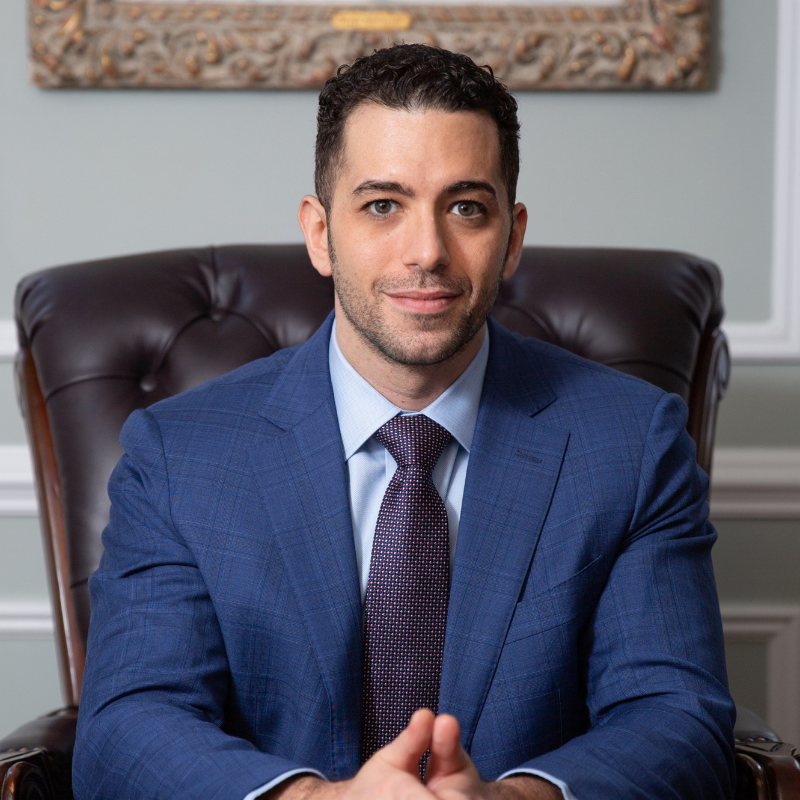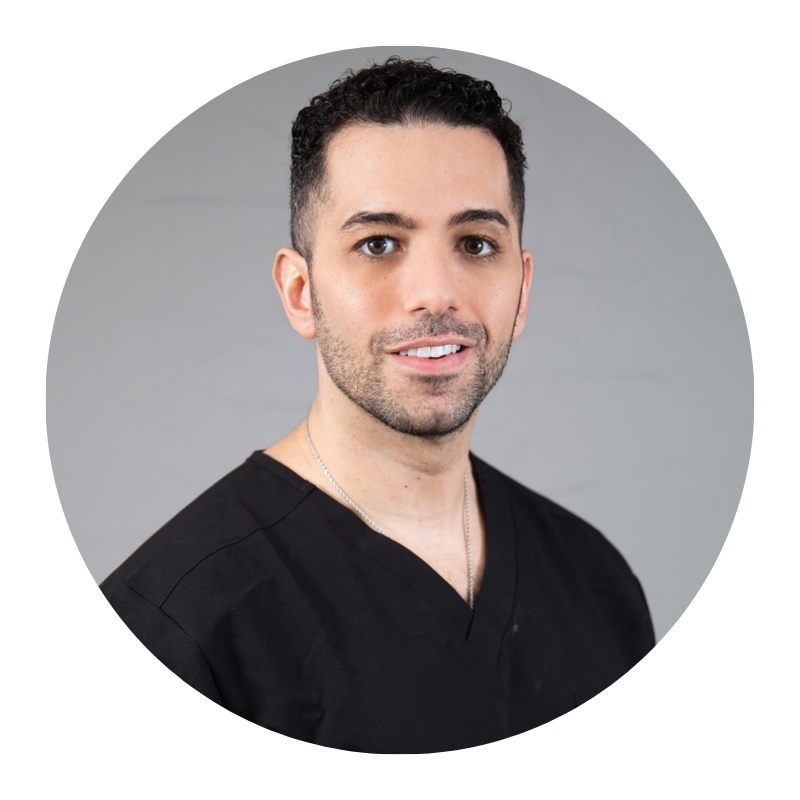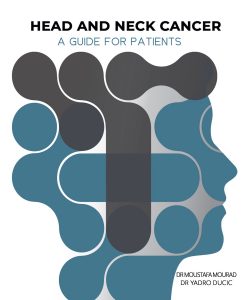If you’re thinking about getting plastic surgery, the amount of information out there can be a bit overwhelming, and when doing research it may be tricky to tell what information is reliable and what isn’t. As a surgeon who is experienced in a variety of face, head, and neck procedures, I’m very aware of many of the misconceptions surrounding plastic surgery. In this post, I would like to debunk four of the most common myths about plastic and reconstructive surgery.
Plastic surgery is only done to improve your appearance.
Appearance and aesthetic represent only a portion of the reasons why plastic surgery may be performed. Plastic surgery refers to any surgery/procedure that alters the body, and there is a broad spectrum of reasons why such a procedure may be performed. On one end are the bodily alterations which are done for purely aesthetic or cosmetic reasons. Some examples include aesthetic rhinoplasty (nose job), facelift, aesthetic breast augmentation, and chin augmentation, among numerous other surgeries.
On the other end of the spectrum is purely reconstructive surgery, which is typically performed to restore the form and function of a part of the body which has been compromised. This compromise can result from congenital birth defects, trauma, or even cancer. Some examples of reconstructive plastic surgeries include breast reconstruction after mastectomy, free flap reconstruction of the head and neck after cancer removal, or nerve/limb surgery after physical trauma.
Between these two extremes, many types of plastic surgery are performed both for appearance and function. There are numerous functional compromises that can also result in aesthetic deficiencies. A classic example of this is rhinoplasty. Many individuals who have suffered trauma or are born with inherently deficient nasal structures have an inability to breathe normally. These structural deficiencies also correspond to aesthetic issues. A broken nose may cause a deviation of the nose to one side of the face which both affects the symmetry of the face and causes an airway obstruction which affects your ability to breathe. Another example is saddle nose deformity, which similarly impacts breathing while also causing the nose to have a collapsed appearance.
Plastic surgery is only for women.
Plastic surgery is for everyone! There is nothing specific to any gender about the desire to look and feel your best, and the types of injuries and health issues which may necessitate reconstructive surgery are certainly not limited to women.
Plastic surgery won’t leave any scars.
Scars result from any disruption of the external skins of the face or body. If a surgery is performed through an incision, no matter how big or how small, scarring will occur. However, proper aftercare and attention from both the surgeon and patient can ensure that any aesthetic issues will be minimized and you will be pleased with the resulting appearance. Following plastic surgery for removal of cancer, there are also post-surgical options such as silicone-based therapies or laser treatments which may be deployed.
All doctors are the same when it comes to finding a plastic surgeon.
Myth!!! This cannot be emphasized enough. Not all plastic surgeons are the same! Firstly, it is important to understand that some surgeons may specialize in a certain procedure and/or body region. For example, some plastic surgeons (like myself), only perform plastic surgery of the face, head, and neck. Other plastic surgeons may perform only plastic surgery on the body. Sometimes, some plastic surgeons may even specialize even more in a single type of procedure (e.g. Breast Augmentation).
It is important to understand what your surgeon’s specialty is, and what they perform well. Don’t ever feel uncomfortable or hesitant to ask! We are professionals and as a patient, you have the right to be pointed and direct. Here are some good questions to ask:
- How many of these surgeries do you do in your practice?
- Do you specialize in any areas of plastic surgery?
- Have you seen many cases similar to mine? What have the outcomes been?
Once you have decided that a surgeon is a good fit in terms of your needs, you need to determine if that surgeon is a good fit in general. You must feel very comfortable with your surgeon. Having plastic surgery is not just signing up for a procedure – it’s a commitment to a relationship with your surgeon, and you should make absolutely certain that you feel comfortable with them.
The journey of plastic surgery can be long and requires open communication, understanding, and comfort with the surgeon and their office. You need to take note of the environment in which you will be having surgery, from your encounters with staff to interactions with the surgeon during consultation. You need to be confident that you are getting all of the information you need to make an informed decision, and that your surgeon is available to take you through that process with patience and empathy.
You should know that surgery may not always go as planned, and it is important to feel that you are in a place where your surgeon and their office will take care of you throughout the process.
Also, some surgeons will offer you a single procedure that can be a good fit for their experience and background but may not be the best surgery for your needs. Depending on the surgery you are having, it is important to know that you may have more than one option as to the surgery being performed.
I always tell my patients that when they walk out, they need to understand their personal anatomy and the exact nature of their procedure. I define the problem, and my recommended course of action, and make sure that my patients fully understand the plan for treatment. If my patients have more than one option in terms of the type of procedure, I will be sure to outline the alternatives of care, and the risks and benefits of each. Nothing is more important to me than empowering everyone who comes to me for a procedure to make the best possible decision for themselves.



